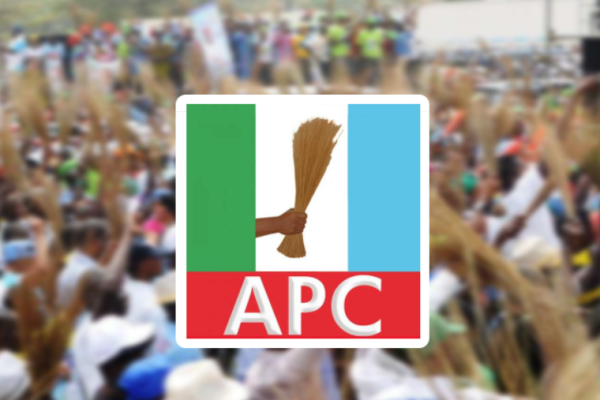by Wareez Odunayo
Over 800,000 people were killed, 250,000 women became victims of sexual violence during the genocide in Rwanda, 1994 as a result of hate speeches. 23 years after, the country is yet to fully recover from the impact of the genocide, triggered by hate speech and senseless incitement of violence.
In Nigeria today, the rate at which hate speeches are being spewed on traditional and social media, by politicians, religious leaders and ethnic groups across the country has become alarming. If you tune in to many radio stations, go to churches, mosques and political gathering, you will be dazed by the careless words that are being thrown around. Hate speeches and verbal attacks have become an anthem.
Hate speech is speech which attacks individuals or groups on the basis of attributes such as race, religion, ethnic origin, sexual orientation, disability or gender. It can be in form of a gesture or conduct, writing, or display which is forbidden because it incites violence or prejudicial action against or by a protected group or individual.
Yesterday at the security and economic summit in Abuja, the acting president, Prof. Yemi Osinbajo said, “the intimidation of a population by words, by speech is an act of terrorism and this government intends to take this matter very seriously”, also stressing that hate speech would be considered as an act of terrorism in Nigeria henceforth. His statement sparked up reactions from Nigerians, describing the statement as hypocritical.
Hate speeches have consequences and understanding these effects leads to why we need to speak up against it in Nigeria. Hate speech paves way for discrimination, harassment and violence as well as disintegration among different ethnic groups which is harmful to our nation.
Last week, a song calling Igbos a liability to the country trended on the cyberspace, triggering criticisms and unrest across the country. The song came on the heels of an ultimatum Northern youth gave the Igbos to vacate their region by October 1 or face the consequences.
The ultimatum followed what the youth call the alleged secessionist tendencies of the ethnic Igbo as well as hate speeches championed by the leader of Indigenous People of Biafra (IPOB), Nnamdi Kanu and a failure of Igbo leaders to stop the alleged disparaging speeches against other tribes.
The Federal Government has share in the blame for this because of the hateful campaign of the All Progressives Congress during the 2015 general elections. They said the PDP led government under former President Goodluck Jonathan did not like the North and the Muslims. Today, we are living witnesses to what is happening. We have to address this problem before it goes out of control.
The onus is now on us as citizens to speak up against hate speech, either on radio, television stations, newspapers and the social media. We must stand firm in tackling the menace of hate speech, disinformation and fake news.
Also, the Federal Government must promote works that encourage peace and tolerance, arrest those making hate speeches and it has to be done irrespective of their status, religion and where they come from. They must also attend to the different agitations in the country, increase efforts to provide basic amenities to people and general re-orientation of the polity is also needed to raise the consciousness of Nigerians on the dangers of hate speeches.
















